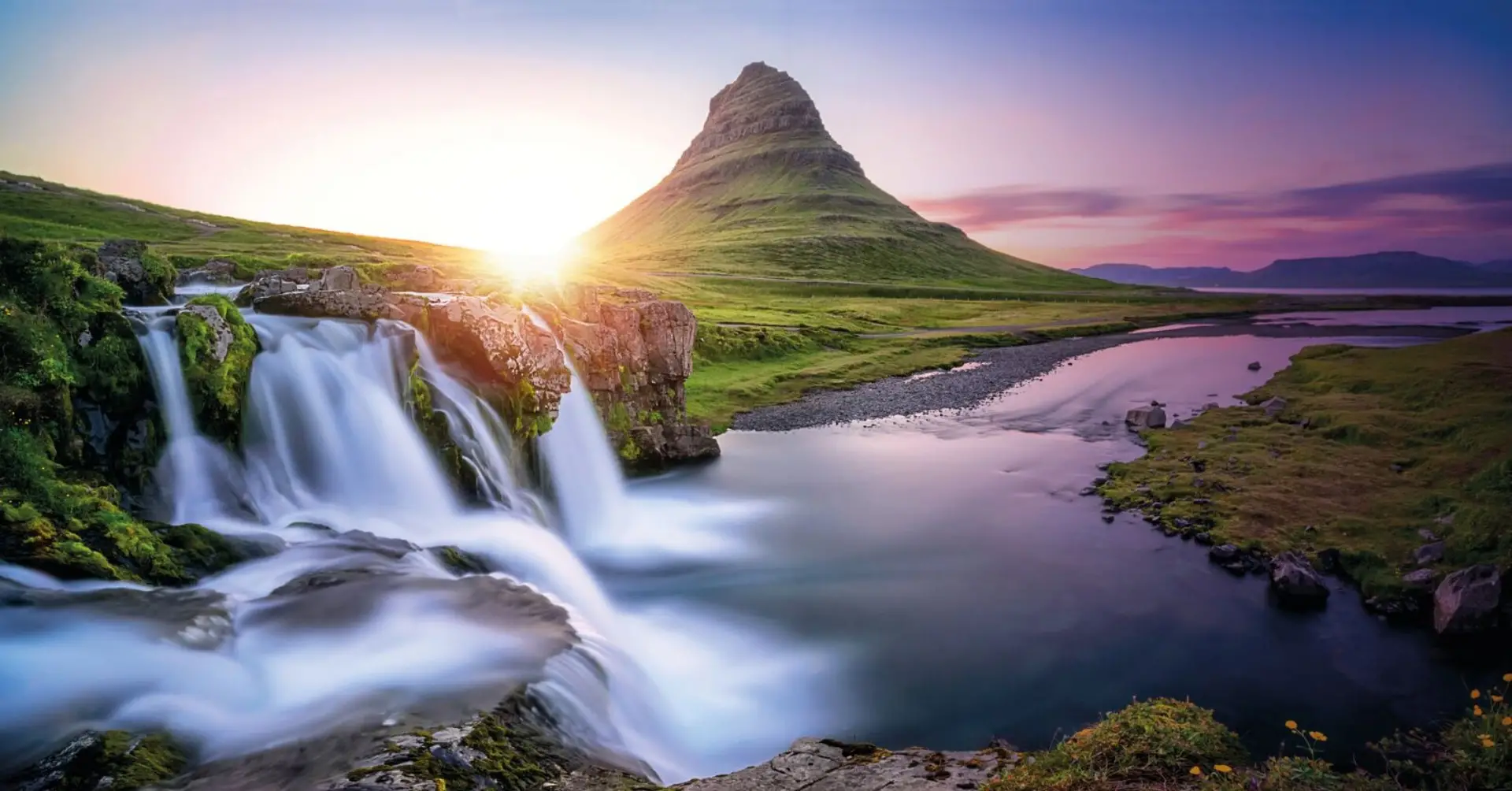
Iceland Guide
Iceland is a unique and beautiful country located in the North Atlantic, known for its dramatic landscapes, stunning natural wonders, and vibrant culture. Here's a guide to help you plan your trip to Iceland:
Best time to visit - Iceland is a year-round destination, but the best time to visit depends on your interests. Summer (June to August) is the most popular time to visit, with long days and mild weather. Winter (December to February) offers the chance to see the Northern Lights and enjoy winter activities such as skiing and snowmobiling. Shoulder seasons (April to May and September to October) offer a good balance of fewer crowds and good weather.
Getting there - Keflavik International Airport is Iceland's main airport, located about 40 kilometers southwest of Reykjavik. Many airlines offer flights to Iceland from major cities in Europe and North America. The flight time from New York to Reykjavik is around 5-6 hours, and from London to Reykjavik is around 3 hours.
Getting around - Renting a car is a popular option for exploring Iceland's natural beauty, and there are also public buses, private transfers, and guided tours available. Additionally, many of Iceland's top attractions are within driving distance of Reykjavik, so it's possible to take day trips from the capital if you prefer not to drive yourself.
Accommodations - Iceland offers a range of accommodations, from budget-friendly hostels to luxury hotels. Visitors can also stay in guesthouses, cabins, or campsites. It's a good idea to book in advance, particularly during peak season.
Attractions - Iceland offers a range of natural and cultural attractions, including the Blue Lagoon geothermal spa, the Golden Circle tour (which includes Geysir, Gullfoss waterfall, and Thingvellir National Park), the Jokulsarlon glacier lagoon, and the Northern Lights. Visitors can also explore Reykjavik's vibrant culture, including museums, galleries, and live music venues.
Activities - Visitors can enjoy a variety of activities in Iceland, including hiking, horseback riding, whale watching, fishing, skiing, snowboarding, and ice climbing.
Food - Icelandic cuisine features a variety of fresh seafood, lamb, and dairy products. Visitors can also try traditional dishes such as fermented shark, smoked lamb, and Icelandic hot dogs.
Safety - Iceland is a safe destination for travelers. Visitors should be aware of the weather conditions and take appropriate precautions when driving in winter conditions.
Sustainability - Iceland is committed to sustainable tourism, and visitors are encouraged to be mindful of their environmental impact while exploring the country's natural wonders.
Language - Icelandic is the official language of Iceland, but English is widely spoken and understood, particularly in tourist areas.

